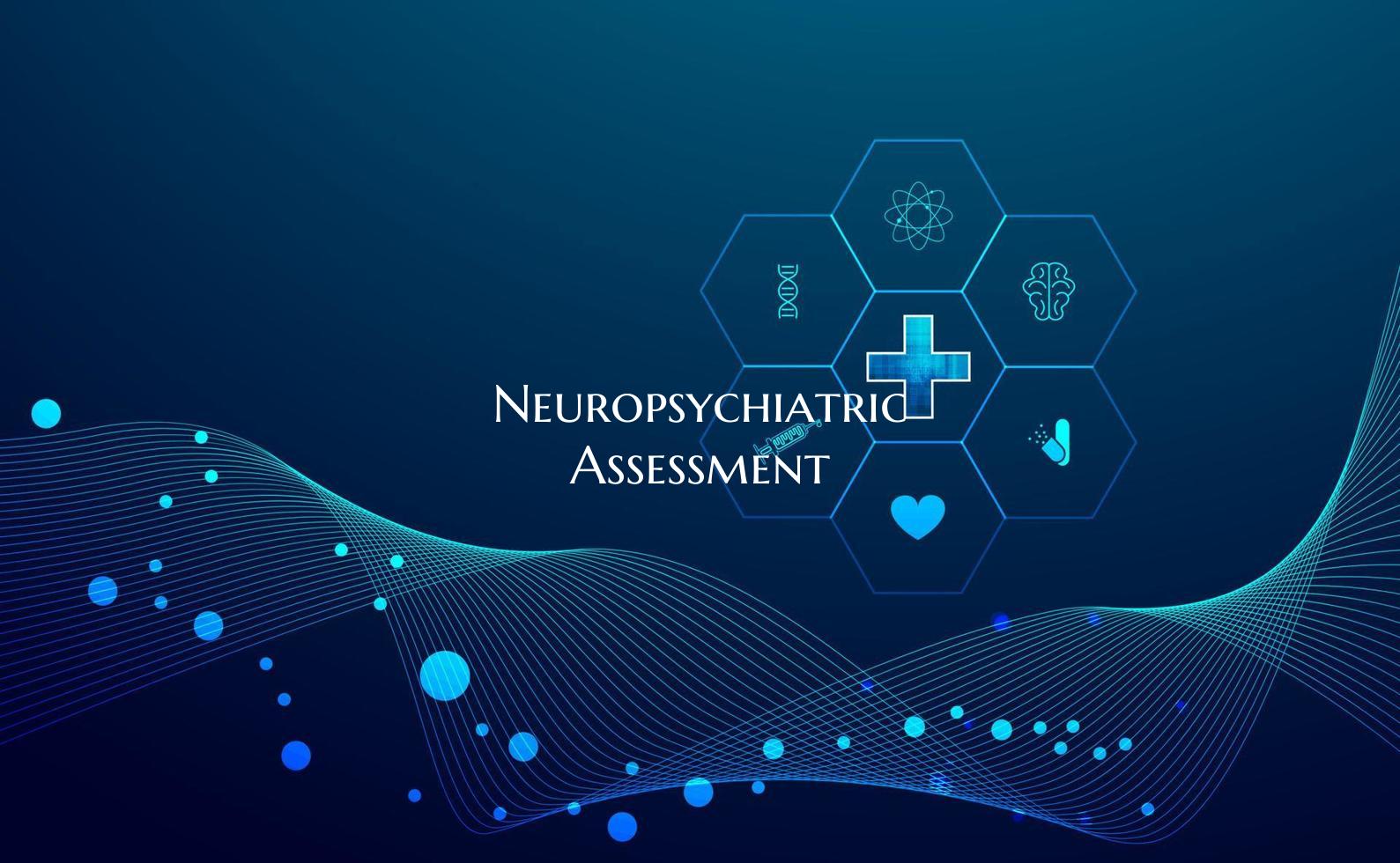
Neuropsychiatric Assessment
In the field of mental health, conducting a thorough neuropsychiatric assessment is an essential component in understanding and managing various neuropsychiatric disorders. This assessment involves the comprehensive evaluation of an individual's cognitive function, emotional state, behavior, and neurological health to provide valuable insights into their mental well-being.
One of the primary purposes of a neuropsychiatric assessment is to accurately diagnose mental health conditions such as depression, anxiety disorders, schizophrenia, bipolar disorder, and neurocognitive disorders like dementia. By conducting a detailed evaluation of an individual's cognitive abilities, memory, attention, language skills, and executive functioning, healthcare providers can identify specific areas of impairment and tailor treatment interventions to suit the individual's needs.
Furthermore, neuropsychiatric assessments play a crucial role in differentiating between psychiatric disorders and neurological conditions. Conditions such as traumatic brain injury, stroke, brain tumors, and neurodegenerative diseases can often present with symptoms that overlap with psychiatric disorders. A thorough neuropsychiatric assessment can help in pinpointing the underlying cause of the symptoms and guiding appropriate treatment strategies.
Moreover, neuropsychiatric assessments are valuable in monitoring the progression of neurocognitive disorders and tracking treatment outcomes over time. By utilizing various assessment tools and techniques, clinicians can evaluate changes in cognitive function, behavior, and emotional well-being, allowing for adjustments in treatment plans to optimize therapeutic outcomes.
In conclusion, neuropsychiatric assessment is a vital aspect of mental health care that enables healthcare providers to gain a comprehensive understanding of an individual's cognitive, emotional, and neurological functioning. By incorporating this assessment into clinical practice, healthcare professionals can enhance diagnostic accuracy, facilitate personalized treatment approaches, and improve overall outcomes for individuals grappling with neuropsychiatric conditions.